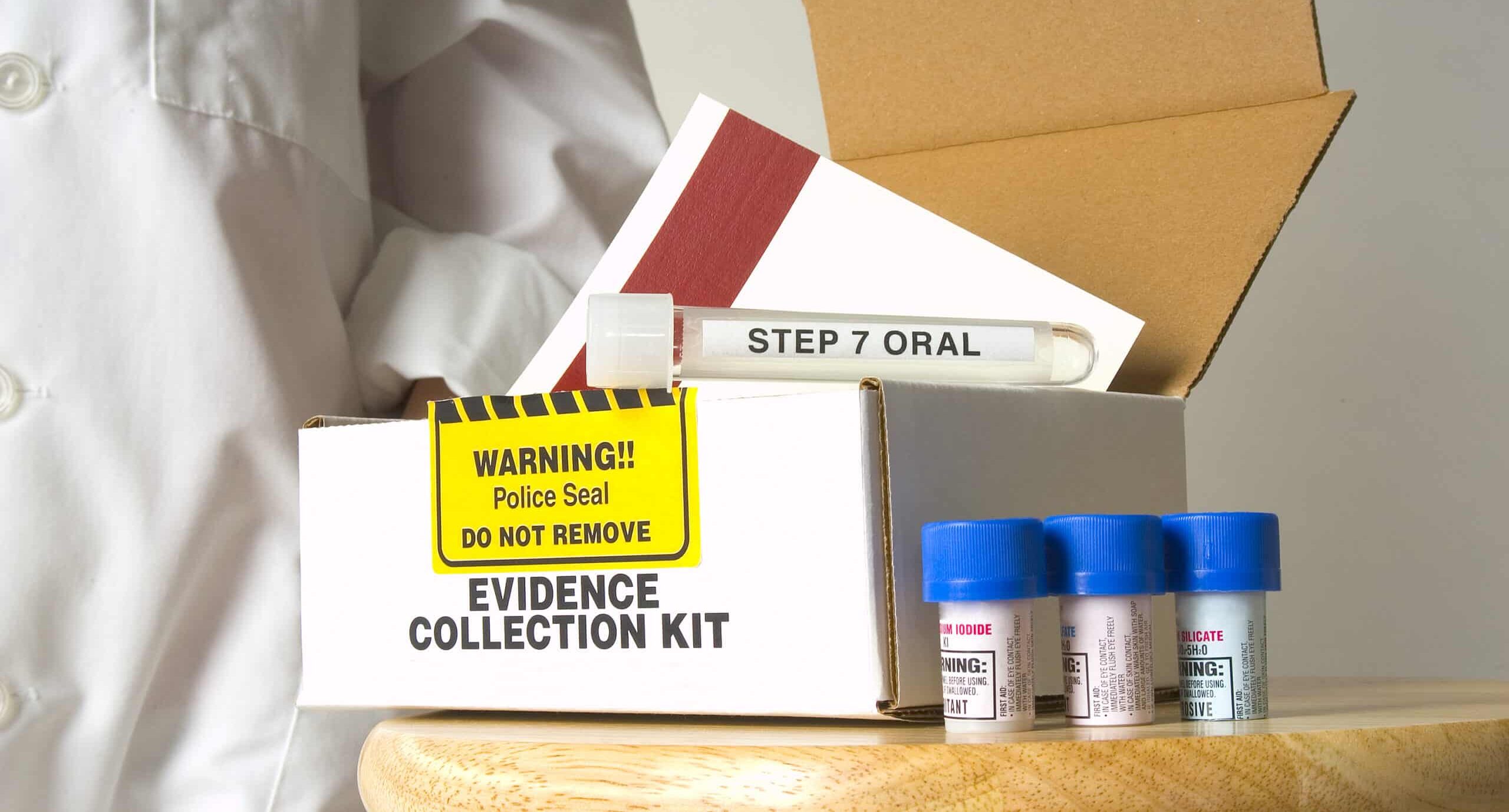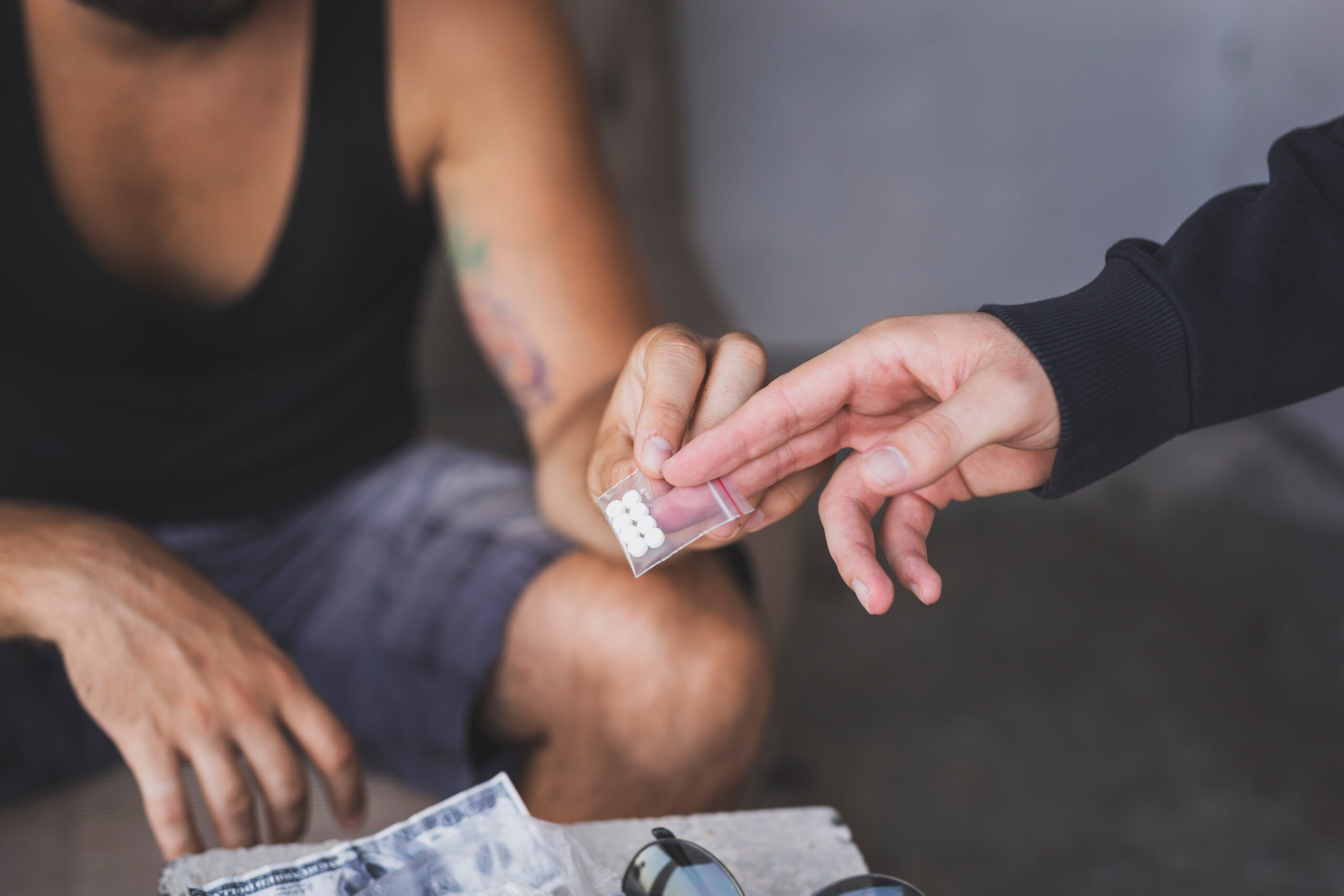What is Being Done to Address Houston’s Backlog of Sexual Assault Investigations?
Houston has recently been grappling with a significant backlog of sexual assault cases, a situation that has drawn considerable public attention and criticism. The backlog, which includes over 4,000 suspended cases, has been attributed to several factors, including insufficient staffing, outdated systems, and procedural inefficiencies. Houston police officials have acknowledged the severity of the issue and have committed to addressing it through a comprehensive plan aimed at clearing the backlog and improving the overall handling of sexual assault cases in the future.
While this is undoubtedly good news for victims who have suffered for too long without justice, a rapid attempt at resolving such a high volume of cases could cause other complications. As time passes, evidence can degrade, and crucial witnesses may become unreachable or forget key details. Unfortunately, the difficulties inherent in prosecuting sexual assaults long after the initial report and the significant delays in obtaining critical DNA evidence can also lead to challenges for the defendants fighting these serious accusations.
If you have been charged with sexual assault, promptly consulting a skilled Houston sex crimes defense attorney can help ensure your rights are upheld throughout the legal process.
Why is There an Immense Sexual Assault Case Backlog in Houston?
The backlog of sexual assault cases in Houston can be traced back to a combination of systemic issues. One major factor is the lack of adequate personnel to handle the volume of cases. The Houston Police Department (HPD) currently operates with fewer than 5,200 officers, significantly below the number needed to patrol the city effectively and conduct thorough investigations. Additionally, the use of a specific code to suspend cases, which was implemented in 2016, has contributed to the accumulation of unresolved cases. This code was used to deprioritize certain cases due to resource constraints, leading to a significant number of incidents being left uninvestigated.
What Solutions Have Been Advanced to Handle This Public Safety Issue?
Since 2011, Texas law has mandated the timely testing of sexual assault kits, aiming to prevent the miscarriage of justice in these traumatic cases. Under the law, police departments are required to send sexual assault kits to a crime lab within 30 days, and DNA analysis is supposed to be completed within 90 of the assault report. However, as Houston’s current sexual assault case backlog demonstrates, it can be challenging for understaffed departments to keep up with rising crime levels.
Various policy changes have been proposed and implemented in response to the concerning accumulation of cases. The city’s police chief has introduced new policies requiring a second level of review and approval for case suspensions, ensuring greater oversight and accountability. These measures are part of a broader effort to enhance the efficiency and effectiveness of the HPD’s response to sexual assault cases and make the most of the department’s resources.
How Can Sexual Assault Accusations Impact a Defendant?
The consequences for sexual assault perpetrators in Texas are severe, reflecting the state’s stringent legal framework. Sexual assault encompasses non-consensual sexual contact involving penetration and can be charged as either a first or second-degree felony, depending on the circumstances. Aggravated sexual assault, which involves additional factors such as causing serious bodily injury or the use of a deadly weapon, carries even harsher penalties, including potential life imprisonment.
However, the legal system also recognizes the potential for false accusations, which can have devastating consequences for the accused. In many sexual assault cases, the evidence may be limited to the testimony of the alleged victim, making it crucial for those falsely accused to have robust legal representation. A criminal defense attorney can play a vital role in such cases by challenging the prosecution’s evidence, highlighting inconsistencies in the alleged victim’s testimony, and presenting alternative explanations for the events in question.
Common sexual assault defense strategies may include:
- Demonstrating a lack of criminal intent.
- Proving the presence of consent.
- Leveraging expert testimony to cast doubt on the prosecution’s case.
In other situations, DNA evidence obtained from sexual assault kits may exonerate an accused individual. Proper case handling, timely testing of evidence, and prompt investigation of claims are all essential to ensure that justice is served for victims and that those accused have the opportunity to refute any untrue allegations. A case backlog can be detrimental to both sexual assault survivors and defendants.
What Should You Do if You Are Facing Sexual Assault Allegations?
As Houston police work to resolve the suspended sexual assault cases, maintaining correct procedural standards and performing diligent investigations will be essential to ensuring survivors have the best possible chance at obtaining justice for the harm they’ve experienced.
However, it’s important to remember that an accusation of sexual assault against an individual does not equate to guilt. With the looming potential for life-altering consequences upon a sexual assault conviction, including impacts on an individual’s freedom, finances, employment opportunities, reputation, and more, mounting a robust defense is vital.
For individuals accused of sexual assault, securing the services of a knowledgeable criminal defense attorney can be essential. At Drehner Law, we are well-versed in the complexities of Texas’ sexual assault laws and will fight to secure the best possible outcome for our clients. Attorney Shannon Drehner’s experience as a former prosecutor provides her with exceptional insight into tactics utilized by prosecutors during cases. Our Houston criminal defense lawyers can gather and analyze evidence, cross-examine witnesses, and build a defense strategy tailored to the specifics of your case.
To schedule a free, no-obligation consultation, contact our firm at 832-626-0063.


 Call Us Now
Call Us Now









